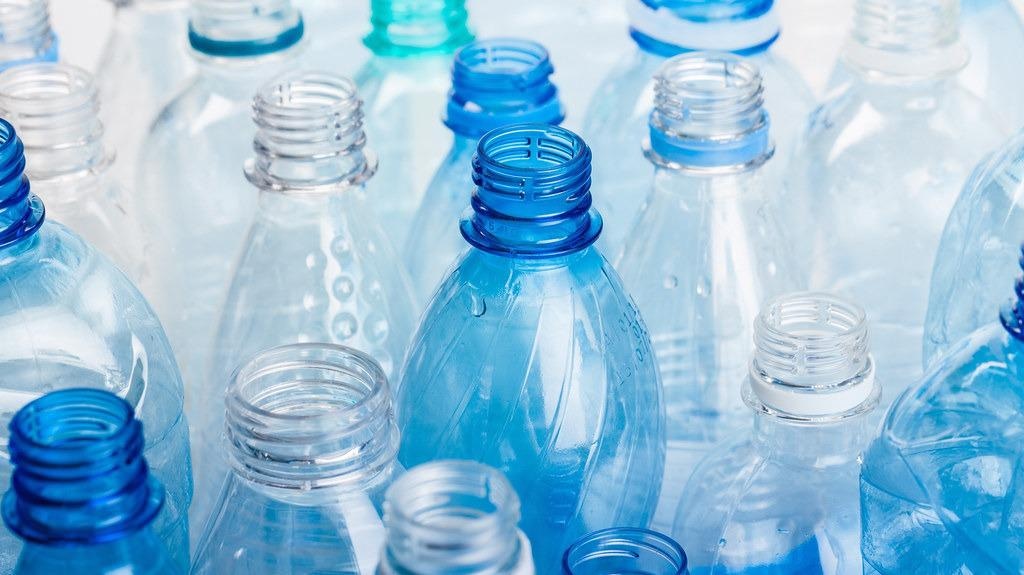A team of researchers at the University of Bath’s Centre for Sustainable and Circular Technologies (CSCT) has developed a new and simple method for upcycling plastic waste at room temperature.
 “Upcycling” plastics to create other high-value materials makes recycling more economically worthwhile. Image Credit: BillionPhotos.com.
“Upcycling” plastics to create other high-value materials makes recycling more economically worthwhile. Image Credit: BillionPhotos.com.
Scientists believe that the new process will make recycling more cost-effective.
Plastic waste present in either landfills or the natural environment surpasses all living biomass (4 Gigatons), culminating in one of the great environmental difficulties of the 21st century. While recycling rates are on the rise throughout Europe, conventional techniques remain restricted due to the harsh remelting conditions as they decrease the quality of the material each time it has been recycled.
Currently, scientists at the CSCT have come up with a mild and quick chemical recycling process for polycarbonates, a sturdy class of plastics that are generally utilized in the field of construction and engineering.
With the help of a zinc-based catalyst and methanol, the researchers were able to fully break down commercial poly(bisphenol A carbonate) (BPA-PC) beads within 20 minutes at room temperature.
The waste can be transformed into its chemical constituents, namely dimethyl carbonate (DMC) and bisphenol A (BPA), thereby helping to maintain product quality over the endless number of cycles.
Significantly, BPA recovery avoids leakage of a possibly damaging environmental pollutant, while DMC is considered a valuable green solvent and building block for other industrial chemicals.
Their study results have been reported in the ChemSusChem journal. The results provide improved process efficiency and milder conditions compared to previous techniques.
The catalyst is also promisinglu tolerant to other commercial sources of BPA-PC (for example, CD) and mixed waste feeds, increasing industrial relevance, whilst being compliant to other plastics [for example, poly (lactic acid) (PLA) and poly (ethylene terephthalate) (PET)] at higher temperatures.
Also, the researchers have illustrated an entirely circular method to generate several renewable poly(ester-amide)s (PEAs) based on terephthalamide monomers derived from waste PET bottles. Such materials have outstanding thermal properties and could be utilized in biomedical applications, for example, tissue engineering and drug delivery.
It’s really exciting to see the versatility of our catalysts in producing a wide range of value-added products from plastic waste. It’s crucial we target such products, where possible, to help promote and accelerate the implementation of emerging sustainable technologies through economic incentives.
Matthew Jones, Lead Researcher, Centre for Sustainable and Circular Technologies, University of Bath
The first author of the paper, Jack Payne from the CSCT, stated, “Whilst plastics will play a key role in achieving a low-carbon future, current practices are unsustainable. Moving forward, it’s imperative we source plastics from renewable feedstocks, embed biodegradability/recyclability at the design phase, and diversify existing waste management strategies.”
Jack Payne adds, “Such future innovation should not be limited to emerging materials but encompass established products too. Our method creates new opportunities for polycarbonate recycling under mild conditions, helping to promote a circular economy approach and keep carbon in the loop indefinitely.”
At present, the technology has only been illustrated on a small scale, but the researchers are now working on catalyst optimization and expanding the process (300 mL) with collaborators at the University of Bath. The study was financially supported by the Engineering and Physical Sciences Research Council.
Journal Reference:
Payne, J. M., et al. (2022) Versatile Chemical Recycling Strategies: Value-Added Chemicals from Polyester and Polycarbonate Waste. ChemuSusChem. doi.org/10.1002/cssc.202200255.
Source: https://www.bath.ac.uk/